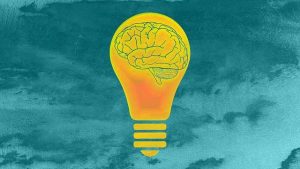Holistic mental health treats individuals as interconnected mind-body-spirit entities, offering personalized care through diverse modalities like meditation, yoga, and nutrition counseling. This integrated approach recognizes the link between physical and mental well-being, promoting present-moment awareness and healthier coping mechanisms. Natural remedies, mindfulness, and creative arts therapies are key components, fostering self-expression, emotional healing, and resilience. Community support systems further enhance holistic treatment by providing a sense of belonging and understanding, ultimately strengthening recovery.
In today’s fast-paced world, prioritizing mental well-being is more crucial than ever. Traditional therapy often focuses solely on the mind, but holistic mental health treatments take a comprehensive approach, addressing the interconnectedness of body and mind. This article explores various holistic practices, from natural remedies and mindfulness techniques to creative arts and community support. By integrating these methods, individuals can achieve lasting mental balance and enhance their overall quality of life. Discover how embracing holistic mental health can revolutionize your journey towards well-being.
Understanding Holistic Mental Health: A Comprehensive Approach
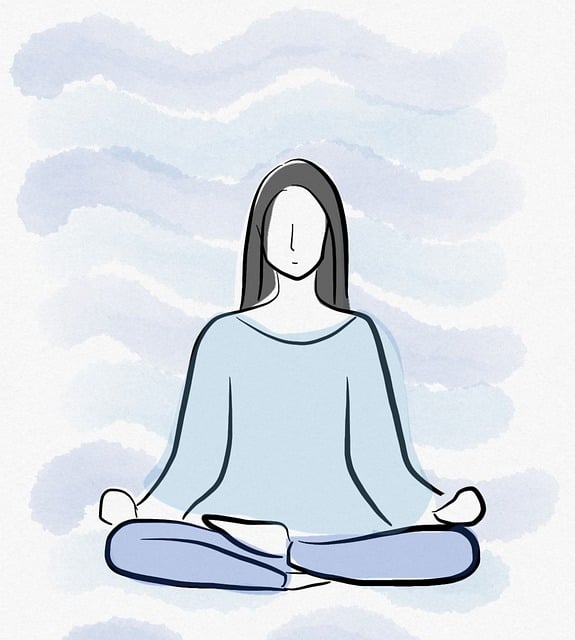
Holistic mental health treatments take a comprehensive approach, addressing not just symptoms but the whole person—mind, body, and spirit. Unlike traditional psychiatric care that often focuses on prescribing medication or psychotherapy, holistic practices aim to create balance and harmony across all aspects of an individual’s life. This means understanding the interconnectedness of physical well-being, emotional state, and spiritual beliefs in fostering mental health.
By integrating various modalities such as meditation, yoga, nutrition counseling, and energy healing, holistic mental health treatments offer a more tailored and personalized approach to care. These practices not only help manage symptoms but also promote resilience, self-awareness, and overall well-being. The goal is to empower individuals with the tools and knowledge needed to maintain a healthy mind in a nuanced and deeply supportive environment.
The Benefits of Integrating Body and Mind in Therapy
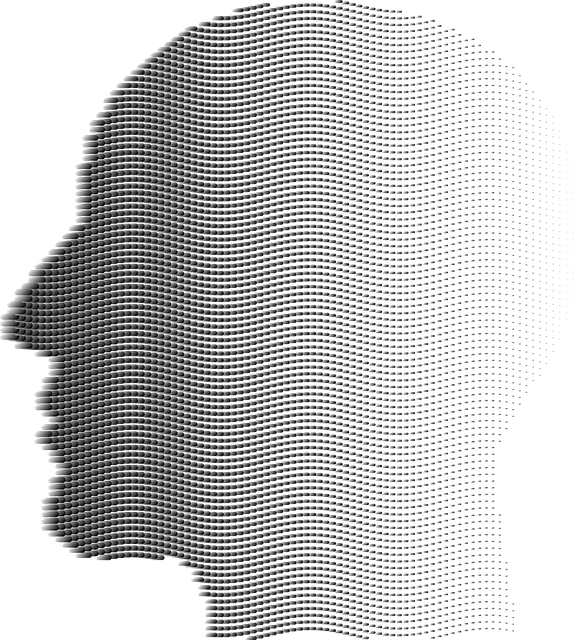
Incorporating body and mind practices into therapy sessions offers a multitude of benefits for individuals seeking holistic mental health support. This integrated approach recognizes the profound connection between our physical well-being and mental state, understanding that they are not separate entities but intricately woven together. By engaging both the mind and body, therapists can facilitate deeper healing and personal growth.
When body and mind are brought into harmony during therapy, individuals may experience reduced stress, improved mood regulation, and enhanced self-awareness. Techniques such as mindfulness meditation, yoga, and deep breathing exercises encourage present-moment awareness, allowing clients to cultivate a stronger sense of grounding and calmness. These practices can also help individuals develop healthier coping mechanisms, improve their ability to manage difficult emotions, and foster a deeper connection with themselves, ultimately contributing to improved mental health outcomes.
Natural Remedies and Alternative Therapies for Mental Well-being
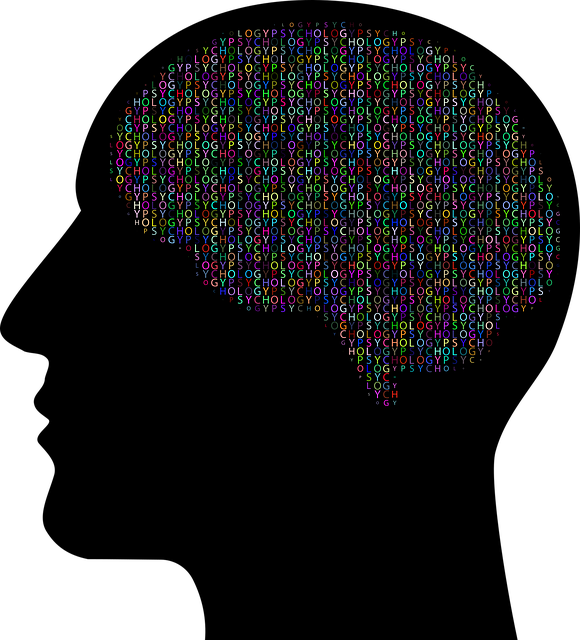
In the realm of holistic mental health, natural remedies and alternative therapies have emerged as powerful tools for nurturing well-being. Beyond conventional treatments, individuals are increasingly exploring these options to complement their care. Herbs, essential oils, and dietary adjustments are among the natural remedies gaining popularity. For instance, lavender and chamomile teas are known for their calming effects, while certain foods rich in omega-3 fatty acids can support brain health.
Alternative therapies like yoga, meditation, and acupuncture offer unique approaches to managing mental health. Yoga combines physical postures with breath control, promoting relaxation and reducing stress. Meditation practices have been shown to enhance mental clarity and emotional balance. Acupuncture, an ancient technique, stimulates specific points in the body, potentially easing symptoms of anxiety and depression. These holistic methods provide a gentle yet profound path towards improving mental well-being, aligning with the comprehensive nature of holistic mental health approaches.
Mindfulness and Meditation Practices for Daily Stress Relief
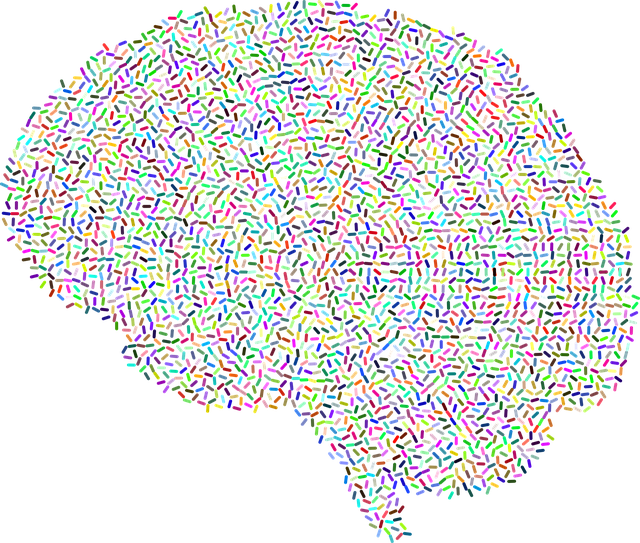
In the realm of holistic mental health, mindfulness and meditation practices have emerged as powerful tools for daily stress relief. These ancient techniques are now backed by modern research, highlighting their effectiveness in reducing anxiety, improving focus, and cultivating emotional well-being. By incorporating simple mindfulness exercises into daily routines, individuals can navigate life’s challenges with greater composure and resilience.
Meditation encourages a state of present-moment awareness, helping to quiet the mind and reduce the mental clutter that often contributes to stress. Whether through guided meditations, breathing techniques, or silent contemplation, these practices foster a deeper connection between the mind and body. As stress levels decrease, so does the risk of mental health issues, making mindfulness a vital component in maintaining holistic well-being.
Nutrition, Sleep, and Their Impact on Mental Health

In the realm of holistic mental health, understanding the intricate connection between nutrition, sleep, and mental well-being is paramount. Nutrition plays a pivotal role in shaping brain function and emotional stability; a balanced diet rich in essential nutrients can enhance mood and cognitive performance while deficiencies may contribute to anxiety and depression. The mind-body connection extends further to sleep, which is instrumental for emotional regulation and stress management. Adequate sleep allows the body to restore and rejuvenate, influencing hormone levels that impact mental health directly.
Disruptions in either nutrition or sleep patterns can exacerbate mental health issues. For instance, irregular eating habits or lack of sleep can disrupt neurotransmitters’ balance, leading to heightened stress responses and impaired emotional processing. Conversely, adopting a nutritious diet and prioritizing quality sleep can serve as powerful tools within holistic mental health practices, fostering resilience against mental health challenges and promoting overall well-being.
Exploring Creative Arts as Therapeutic Tools

In the realm of holistic mental health, exploring creative arts as therapeutic tools has proven to be a vibrant and effective approach. Art therapy, music therapy, dance movement therapy, and other similar practices offer unique avenues for self-expression and emotional release, complementing traditional talk therapies. These creative outlets allow individuals to communicate their feelings, process complex emotions, and gain new perspectives on challenges, fostering mental well-being in profound ways.
Delving into these arts can help individuals uncover hidden traumas, resolve conflicts, and enhance self-awareness. For instance, painting or sculpting may provide a means to visually represent internal struggles, while music and dance offer rhythmical expressions of mood and emotion. Such holistic mental health treatments cater to diverse personalities, enabling folks to engage in therapeutic processes that resonate with their unique souls, thereby revolutionizing traditional therapy methods.
Building Community Support Systems for Holistic Healing
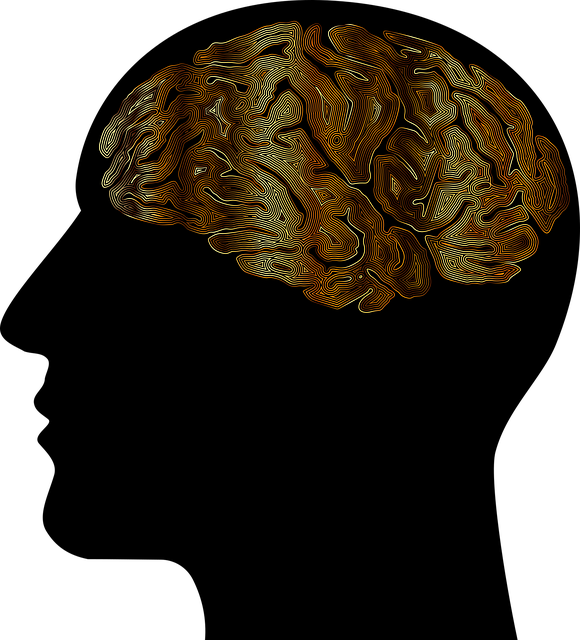
Building community support systems is an integral aspect of holistic mental health treatments, fostering a network of care that goes beyond traditional therapy settings. This involves connecting individuals with like-minded people who share similar experiences and challenges, creating a sense of belonging and understanding. Through group support sessions, peer-to-peer mentoring, or online communities, individuals can find validation, encouragement, and practical strategies for managing their mental well-being.
Community support systems enable individuals to learn from one another’s journeys, exchange coping mechanisms, and offer emotional reassurance. This collective approach enhances the effectiveness of holistic healing by providing a sense of purpose, reducing feelings of isolation, and promoting resilience. By integrating community connections into mental health care, we recognize that recovery is often amplified when backed by a supportive and compassionate network.
